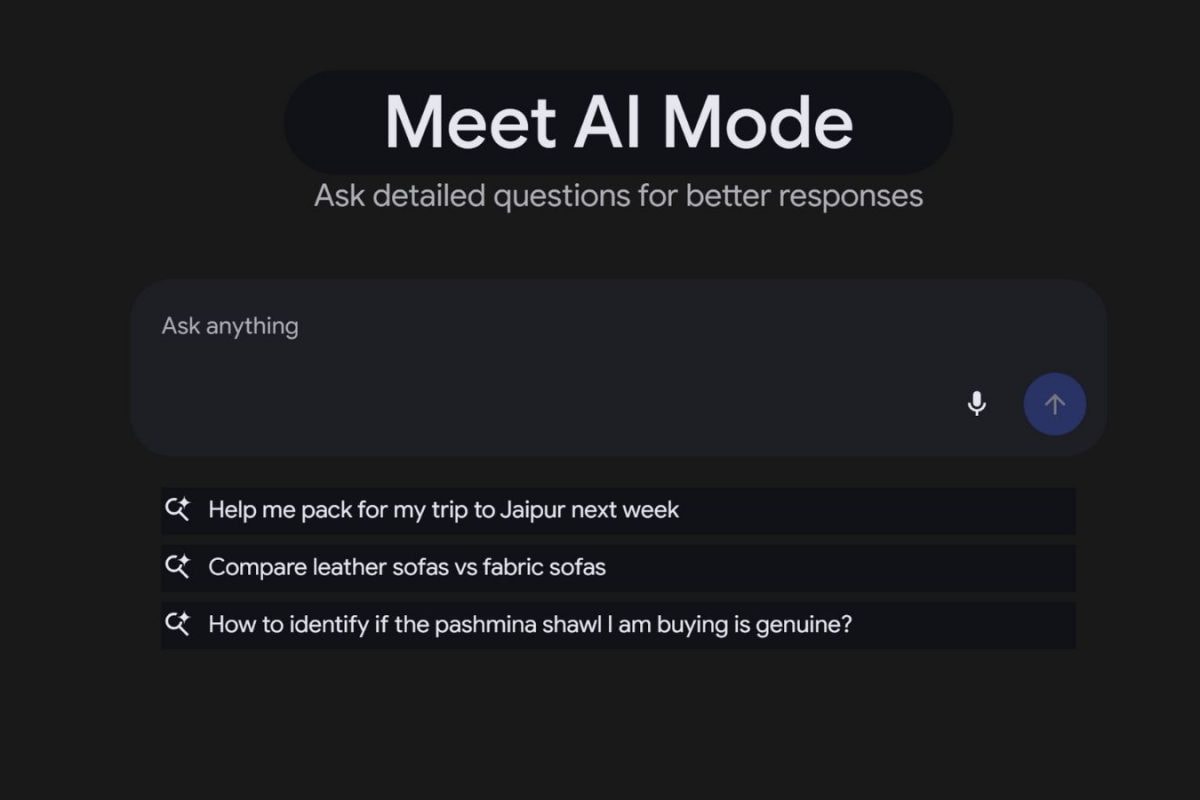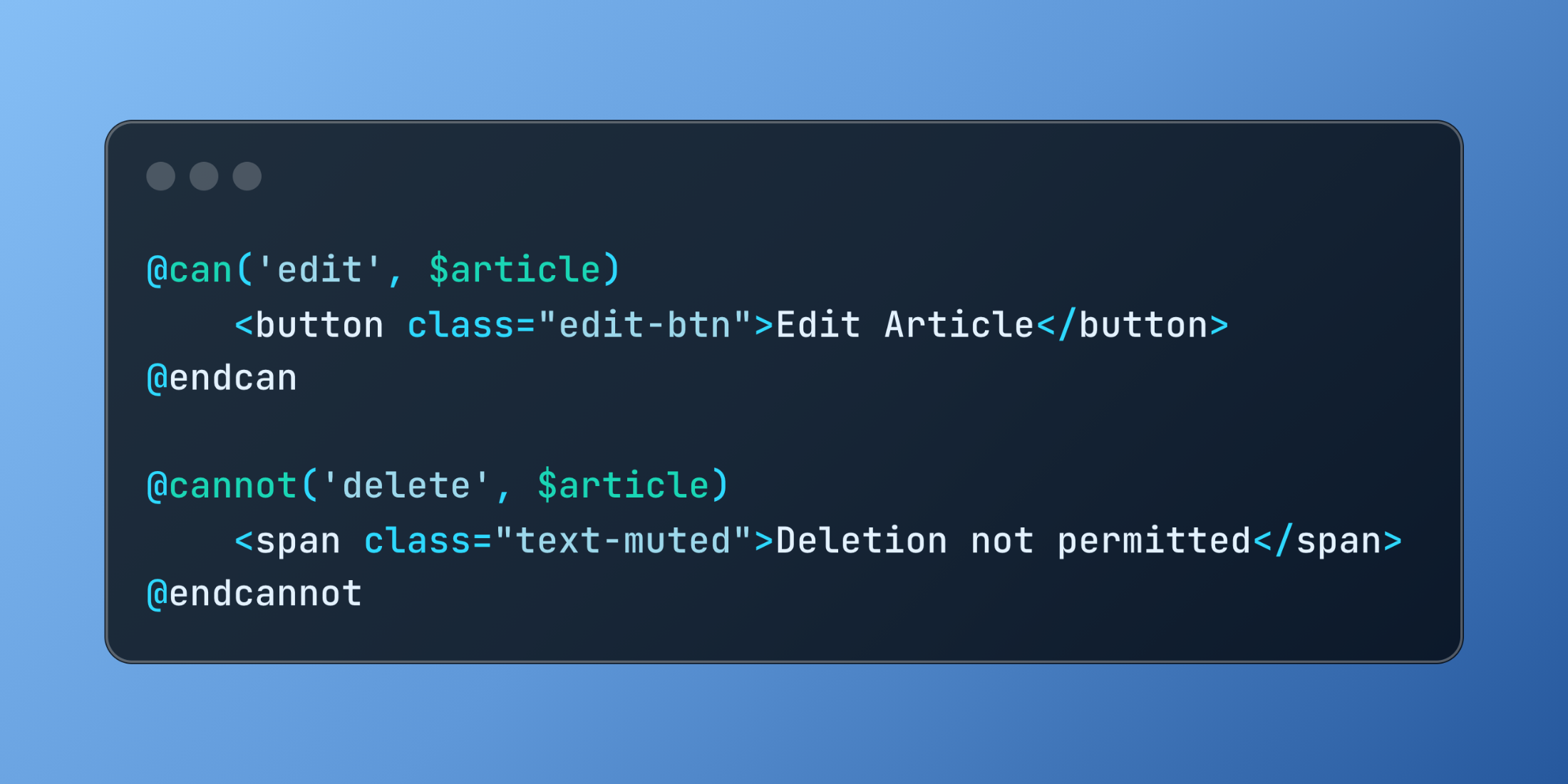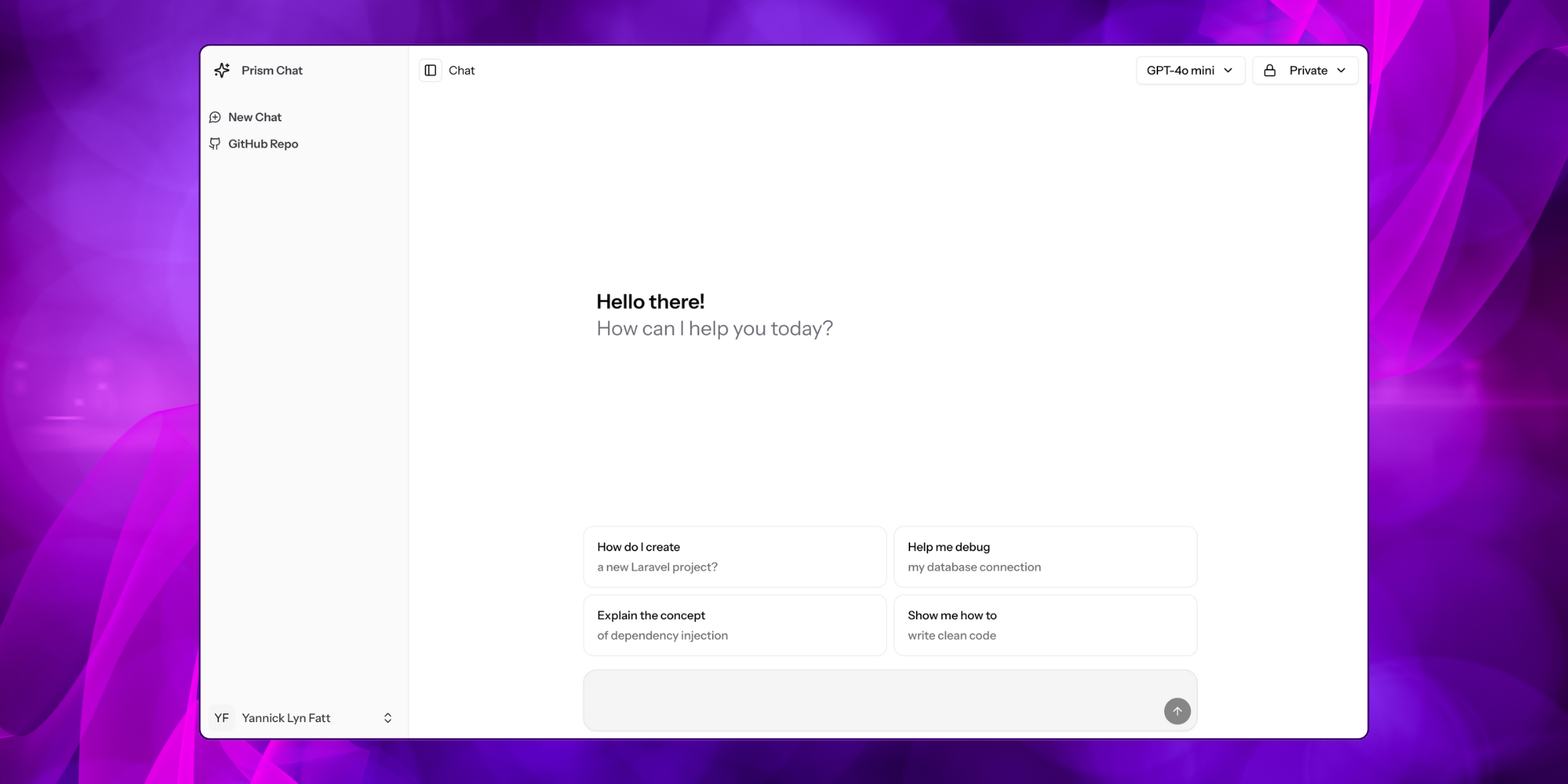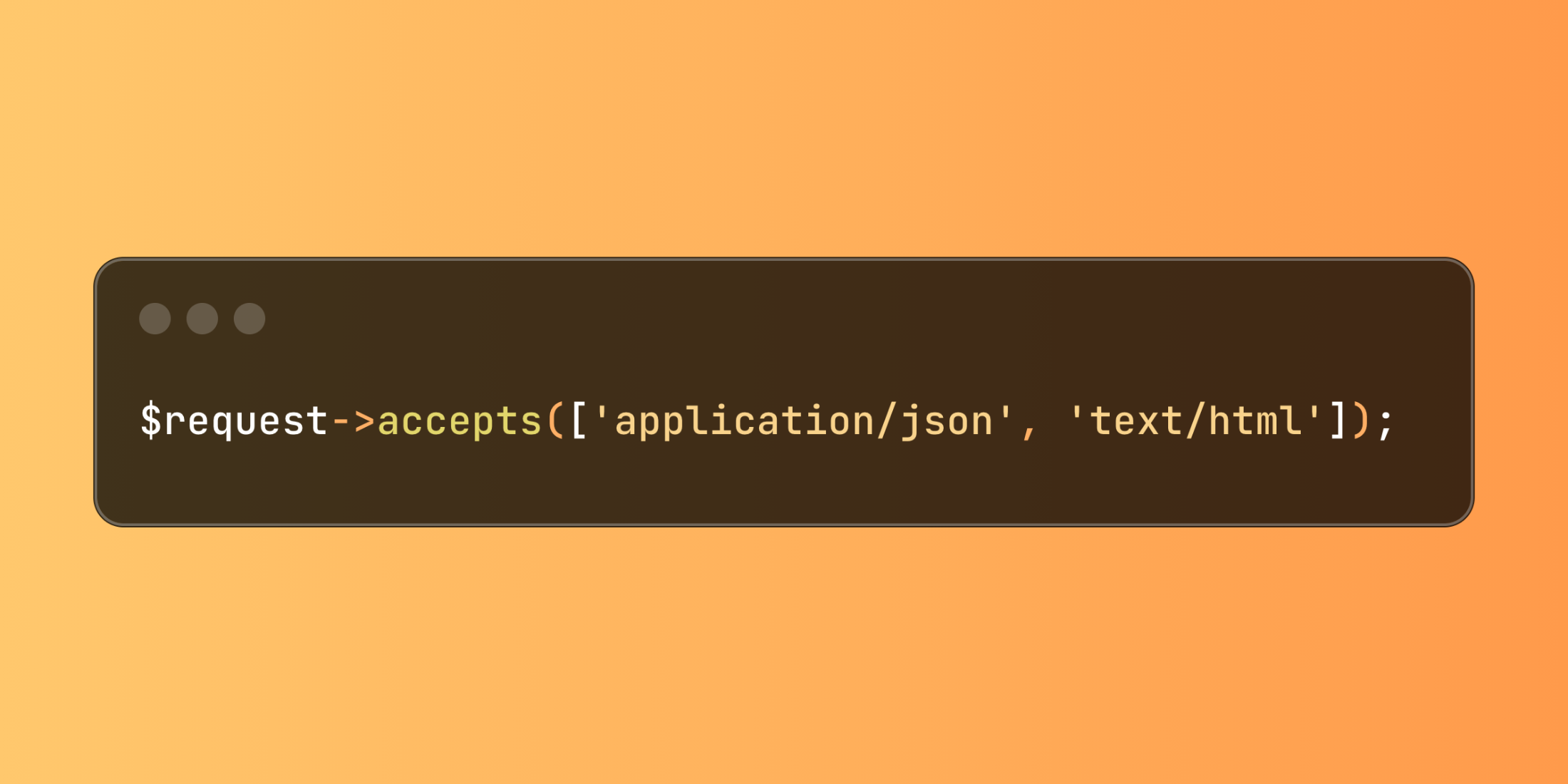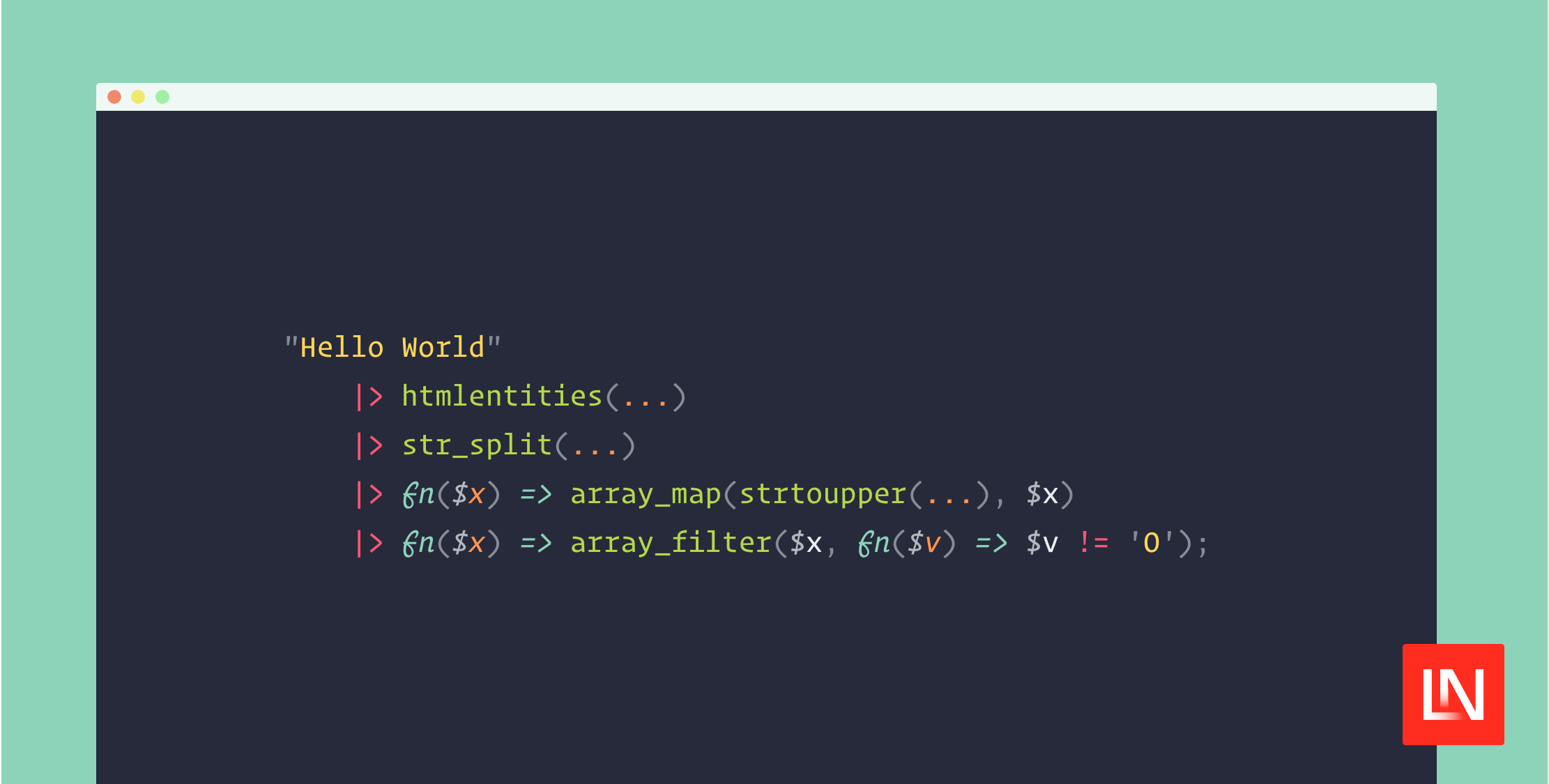Why Fintech API Platform Is Boosting the Fintech Industry
The financial technology sector has evolved rapidly, driven largely by the growing use of APIs (Application Programming Interfaces). A fintech API platform allows businesses to connect their applications to a wide range of financial services in real time. By enabling fast integration, improved data exchange, and streamlined service delivery, these platforms have become a foundational […] The post Why Fintech API Platform Is Boosting the Fintech Industry appeared first on Trade Brains.


The financial technology sector has evolved rapidly, driven largely by the growing use of APIs (Application Programming Interfaces). A fintech API platform allows businesses to connect their applications to a wide range of financial services in real time.
By enabling fast integration, improved data exchange, and streamlined service delivery, these platforms have become a foundational element of modern fintech solutions. Within just a few years, they’ve reshaped how institutions build, scale, and offer services to end users.
Speed and Flexibility in Financial Services
Traditional banks often face limitations due to legacy infrastructure. By contrast, fintech startups and digital banks are using APIs to launch services with speed and agility. APIs give developers access to core financial functions, such as payments, credit scoring, and account verification, without having to build them from scratch.
This modular approach reduces time-to-market and allows for more experimentation in user experience. As a result, startups can innovate faster, and established players can adapt to changing consumer behavior more effectively.
Secure Data Sharing and Compliance
Data security and regulatory compliance are central concerns in the financial world. Fintech API platforms are designed to manage these complexities by offering secure, encrypted pathways for data exchange. They also often come with built-in tools for consent management, identity verification, and transaction monitoring.
This ensures not only that data is handled safely, but also that companies stay within legal and regulatory boundaries. APIs allow firms to focus on core service delivery while remaining compliant with frameworks like PSD2, GDPR, or local banking regulations.
Creating Interoperability Across the Ecosystem
Fintech APIs do more than just connect apps, they build bridges across the entire financial ecosystem. By linking banks, payment processors, credit bureaus, and alternative lenders, these platforms enable seamless interactions between different service providers.
For example, a lending app can instantly pull transaction data from a user’s bank account, assess creditworthiness, and process a loan, all within seconds. This level of interoperability would be difficult and costly to achieve without APIs, especially for smaller or non-traditional providers.
Unlocking New Revenue Models
Monetization opportunities have also increased due to API-driven financial infrastructure. With open access to services like payments, currency exchange, insurance, or investments, businesses can embed financial features directly into their platforms.
E-commerce platforms can offer financing, marketplaces can integrate wallets, and apps can provide buy-now-pay-later options. These embedded finance models are driving new revenue streams and enhancing customer engagement, all powered by easy API access.
Conclusion
The rise of fintech API platforms marks a major turning point in the evolution of digital finance. By promoting connectivity, enabling fast deployment, enhancing security, and supporting embedded services, these platforms are empowering companies to deliver smarter, faster, and more personalized financial experiences. As the fintech industry continues to mature, APIs will remain at the core of its growth and transformation.
The post Why Fintech API Platform Is Boosting the Fintech Industry appeared first on Trade Brains.
What's Your Reaction?



















































































